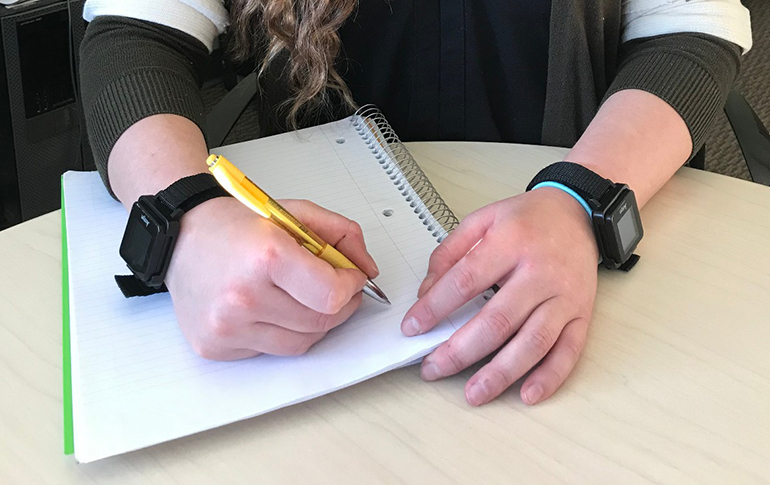Talk about things like free will as much as you want, but the truth is we humans need to pursue constant development. This is largely the case because the stagnation that comes with not doing so is well-documented to cause some really negative ramifications. Hence, on our part, we try and transform the said procedure into its easiest form. During such attempts, we have stumbled upon various helpful methods, and yet none really match up what technology has done so far on a consistent basis. You see, with technology, we were able to significantly scale up on different frontiers, while keeping our convenience at the heart of everything. Now, if we are to shed light on some real-world benefits that were essentially produced by the creation, we’ll be covering a wide expanse. One area likely to grab a little more attention here, however, is our medical sector. The global healthcare system’s progress under technology’s stewardship is a story for the ages. Since making the transition, we have already seen a host of ways purposed around improving healthcare through the most efficient and patient-centric models. In fact, we got to see a whole new iteration within the established context only recently.
The researching team at University of Missouri, Columbia has successfully developed a system, which tracks the use of hand in people suffering from hand prosthesis or the ones who have undergone a hand transplant. According to certain reports, the technology is heavily centered on continuous monitoring, so to collect in-depth data for constructing personalized treatments. Furthermore, it can also be reportedly used when attempting to track overall recovery and mobility in conditions like stroke and sclerosis. Even though we have witnessed a huge influx of devices that are designed to assist amputees with varying techniques, we are still waiting to see a setup capable of tracking performance following the required procedure. Equipped with advanced movement sensors, this new system can deliver those goods just the way medical professionals would want, thus setting the industry up for a major breakthrough.
. “These sensors, which continuously record movements over multiple days while people go about their lives, have the ability to revolutionize treatments by providing real world data that will help us develop personalized approaches to treat traumatic hand loss,” said Scott Frey, a researcher involved in the study.
At present, the researchers have concluded the initial trials, and all collected data is now being examined to further bolster what could become a generational tool in future.


















